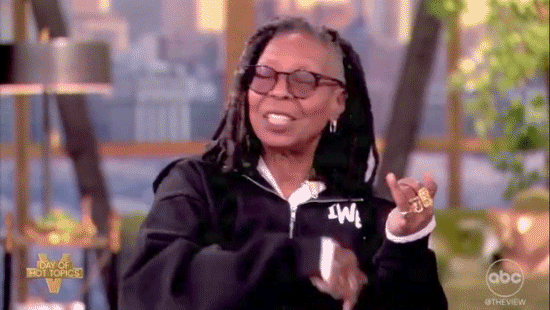Weddings, graduation ceremonies put on hold as COVID-19 pandemic spreads
Americans will be missing many milestone moments this spring; Doug McKelways reports on the economic fallout.
Get all the latest news on coronavirus and more delivered daily to your inbox. Sign up here.
The uncertainty surrounding the coronavirus pandemic is likely more psychologically taxing than the fear felt by the public during World War II, conservative commentator Ben Shapiro said Tuesday.
Hosting "The Ben Shapiro Show" from inside his home, Shapiro acknowledged that this is a "really rough" time for the country as many Americans feel a sense of helplessness in combating the virus.
"People [are] making light of it, saying 'Oh well, you know it's not World War II,' and honestly that is one of the difficulties," Shapiro explained. "During World War II, the external threat was pretty obvious because there were bombs falling from the sky on buildings, and you could join the military, you could go fight back against the material enemy..."
BEN SHAPIRO'S SOCIAL DISTANCING SURVIVAL GUIDE
By contrast, the coronavirus is "more psychologically difficult probably ... there's so much uncertainty about, 'If I walk outside, am I just going to die from a thing that is in the air?'" he said.
As of Tuesday afternoon, the novel coronavirus has infected more than 838,061 people across 178 countries and territories, resulting in over 41,261 deaths. In the U.S., all 50 states plus the District of Columbia have reported confirmed cases of COVID-19, tallying over 177,452 illnesses and at least 3,440 deaths.
Shapiro emphasized that while he is not minimizing the sacrifices made during World War II, the helplessness now felt by most Americans who are unable to "take active measures on behalf of the country" is greater than what "average citizens" experienced during the Second World War.
CORONAVIRUS: WHAT YOU NEED TO KNOW
The host added that he had confirmed his theory with individuals who lived through the global conflict.
"This is a rough time and being told that we're supposed to stay in our homes and shelter in place for an indefinite period of time without even really the ability to sacrifice...[or] take active measures on behalf of the country is a difficult thing and I think that we're all trying to muddle our way through it."
"That said," Shapiro concluded, "We will get through this together because there will be an ending," but predicted that it will be "at least a year" before life returns "back to normal."
"I think weddings are going to be downscaled, I think big events are going to be postponed ... it's going to be a rough bunch of months even after we all start going back to work," he continued.
CLICK HERE FOR COMPLETE CORONAVIRUS COVERAGE
"In order for people to go out en masse and feel safe, there's going to have to be a vaccine developed and the soonest that would happen is probably the beginning of next year."









































